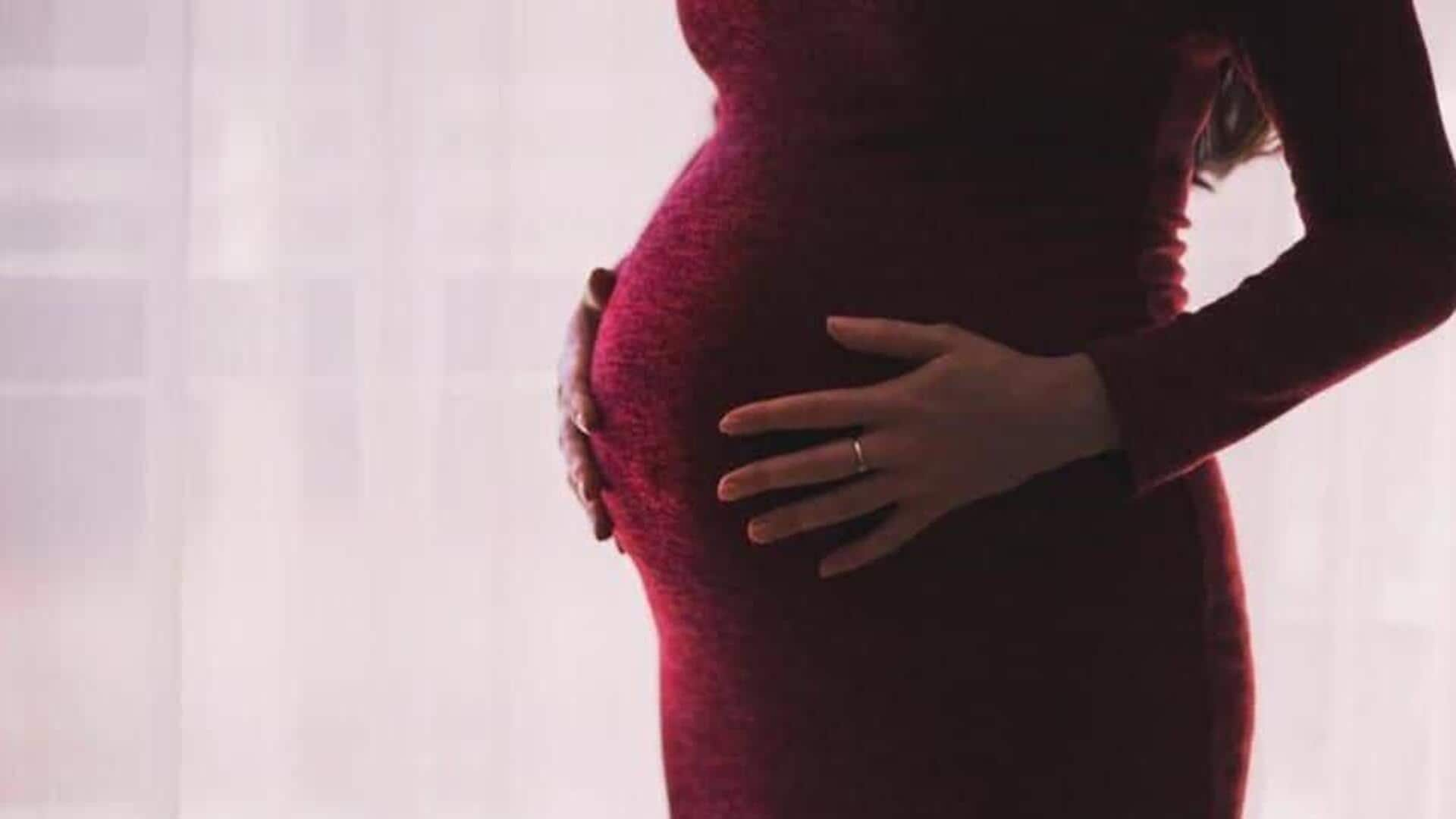
US: Why Indians are choosing preterm C-sections before February 20
What's the story
President Donald Trump's recent executive order, ending birthright citizenship from February 20, has sparked a surge of preterm delivery requests among Indian women in New Jersey. The new policy will prevent children born to non-permanent residents from automatically receiving US citizenship. This has prompted expectant parents, especially those on H-1B visas, to request early C-sections in a bid to secure citizenship for their unborn children before the deadline, per reports.
Health concerns
Surge in preterm delivery requests post Trump's announcement
According to TOI, Dr. S D Rama, who runs a maternity clinic in New Jersey, said that after Trump's announcement on January 20, preterm delivery requests have surged. Many Indian women, particularly those in their eighth or ninth month of pregnancy, are booking C-sections ahead of the February 20 cutoff. Dr. Rama even shared the case of a seven-month pregnant woman seeking a preterm delivery, despite her due date being in March.
Medical warning
Health risks associated with preterm births
Obstetricians such as Texas-based Dr. S G Mukkala have raised alarms over the health risks associated with preterm births. He warned that these births could lead to complications like underdeveloped lungs and low birth weight. "I am trying to tell couples that even if it is possible, a preterm birth poses significant risk to mother and child," he said, adding he has spoken about these risks with many couples recently.
Emotional impact
Policy change stirs anxiety among families awaiting green cards
The policy change has sparked anxiety among families awaiting green cards, as it impacts their plans to secure stability through their children's citizenship. Varun and Priya (names changed), who have lived in the US on H-1B visas for eight years, feared the uncertainty this order brings to their lives. "We were counting on our child being born here... This was the only way to ensure stability for our family," Priya told TOI.
Legal challenges
Executive order's impact on over a million Indians
The executive order signed by Trump applies to children born after February 20 if neither parent is a US citizen or lawful permanent resident. This includes those legally present on temporary visas like tourists and students. Since the order, a coalition of 22 Democratic-led states have sued Trump over his order to end birthright citizenship. The lawsuit argues Trump's order violates the 14th Amendment's citizenship clause, which has been interpreted to provide citizenship to almost everyone born on US soil.